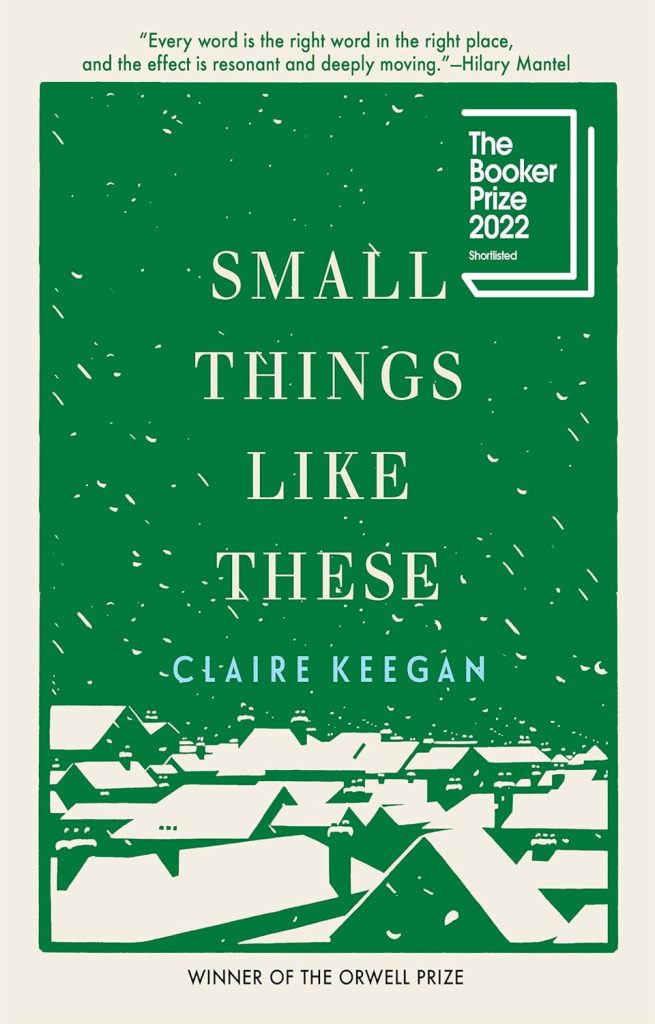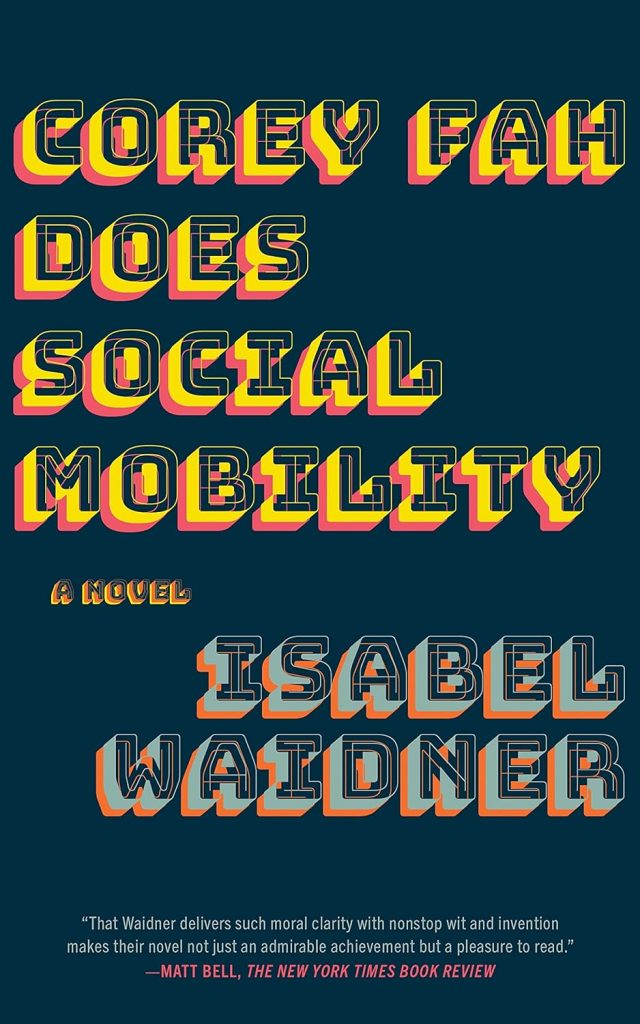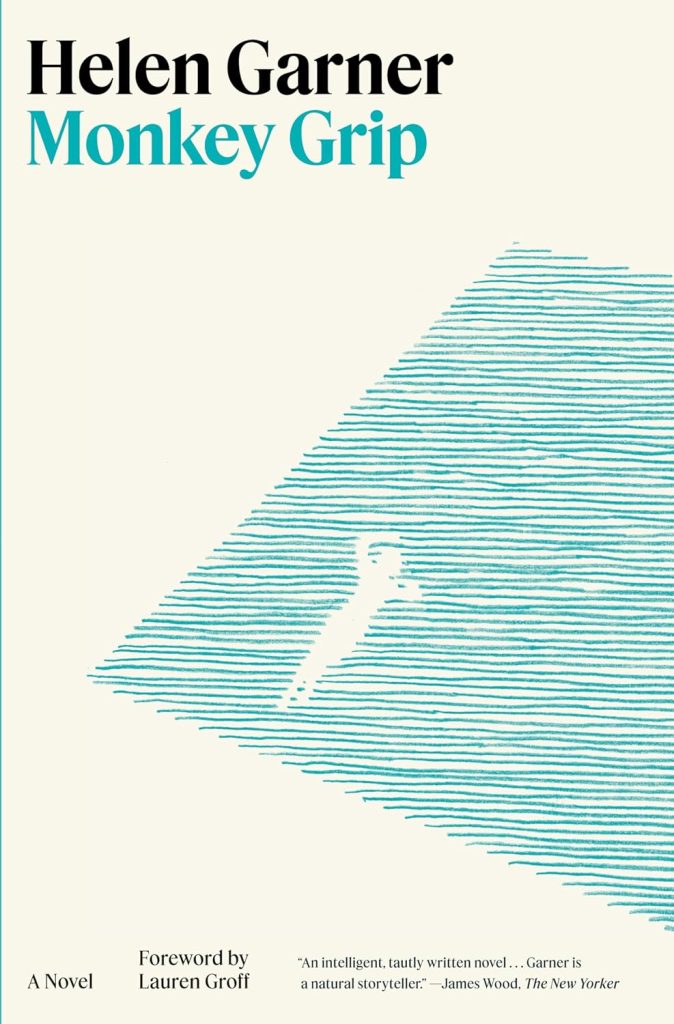
Smiling Despite a Misty Drizzle
Can a Simple Act of Kindness Change the World?
Estimated reading time: 2 minutes, 11 secondsAs I was nearing the 7.7-mile mark close to my apartment building, I strolled past the Greatest Brothers Barbershop on Alden Street. I noticed the owner sitting comfortably in the barber chair through the window. As I passed by, he flashed a warm smile as I waved at him. Giving him a friendly wave, I started to finish my walk. However, I couldn’t resist opening the door to exchange greetings. Once inside, he reiterated how much my smile brightened his day. Despite my initial reluctance to accept the compliment, he remained insistent as we shook hands and reiterated how much my smile meant to him.
As I ascended the staircase to the third floor of Apartment 3B, I tried to understand the profound impact of a simple act of kindness. It baffled me how an average individual like me, who had grappled with the profound loss of his dear wife, could wield such influence just by extending a warm wave and offering genuine well-wishes during my routine strolls. I was sure that the solution to this enigma would gradually unfold, akin to the unfurling petals of a blossoming rose.
In just two short days, two women who frequently walk their dogs together now greet me with the warmth and familiarity of old friends. However, these encounters with the barber and the dog walkers were just the beginning of something greater. In the wake of grief that had almost claimed my last breath, I had transformed into someone recognized and lauded by friends, neighbors, and fellow travelers on life’s winding path, all because of my simple acts of kindness. This transformation, this recognition, is a testament to personal growth and the power of empathy. It’s a journey we all share, and it’s a journey that connects us all. Shouldn’t we treat each other like cherished family members, given that we are cousins on this shared life journey?
Upon stepping into my home, I summoned Siri to play WNYC-FM and settled down with a copy of The New York Times. As I ate my breakfast, I mulled over the barber’s conversation, trying to comprehend his words. I pondered how I could have brightened and improved his day, but no clear solutions were presented. While tidying up after breakfast, it struck me that there might not be a definitive answer, except that grief has been a great teacher. It has taught me life’s most crucial lesson – serving and blessing the living. This realization and understanding are a beacon of light in the darkness, guiding our actions and reflecting our humanity.










